The purpose of this class is to deepen understanding through discussions in group work on measures for the realization of
a carbon-free society.
Students will analyze the energy balance of each country based on statistical information and discuss a realistic vision of a decarbonized society based on a lecture related decarbonization technology.
Although it does not require specialized knowledge, we expect students who are highly interested in the decarbonized society and energy issues to take this course.
In addition, high English skill is required because discussions are held in English.
Students will analyze the energy balance of each country based on statistical information and discuss a realistic vision of a decarbonized society based on a lecture related decarbonization technology.
Although it does not require specialized knowledge, we expect students who are highly interested in the decarbonized society and energy issues to take this course.
In addition, high English skill is required because discussions are held in English.
The purpose of this class is to deepen understanding through discussions in group work on measures for the realization of
a carbon-free society.
- Students can learn basic knowledge on international framework and efforts on sustainability.
- Students can learn decarbonized technologies and strategies based on engineering grounds.
- Students can think and propose what we should do toward a decarbonized society.
| Class schedule | HW assignments (Including preparation and review of the class.) | Amount of Time Required | |
|---|---|---|---|
| 1. | Introduction - Efforts of each country toward the realization of a carbon-free society - Student Awareness Survey on the Feasibility of Decarbonization society |
Reading reference materials. | 100minutes |
| 2. | Global energy supply and demand survey 1 (flow chart creation, group work) - Explanation of GHG emission status and energy flow in Japan - Create a comprehensive table that combines the balance table and other tables (note the unit conversion) |
Group discussion and proceeding of assignment. | 200minutes |
| 3. | Global energy supply and demand survey 2 (flow chart creation, group work) - Create a comprehensive table that combines the balance table and other tables - Compare countries by following item ・ Waste energy utilization status per population ・ Household energy consumption per population ・ Industrial sector energy consumption per GDP ・ Transportation sector energy consumption per population / GDP - Submit PPT including the energy flow diagram and calculation results |
Submission of assignment | 200minutes |
| 4. | Group Presentation Think about how the society can decarbonize - Lecture: "Kaya formula" - Discussion on how to decarbonize based on the energy flow diagram - Submit decarbonization measures as an individual task based on the discussion |
Submission of assignment | 200minutes |
| 5. | Lecture: Renewable energy Discussion: What are the benefits and challenges of renewable energy? |
Submission of assignment | 200minutes |
| 6. | Lecture: Hydrogen and Carbon recycle Discussion: Will hydrogen be a savior? What are the challenges? |
Submission of assignment | 200minutes |
| 7. | Lecture: Battery and Electric Vehicle Discussion: What can be electrified? What are the challenges when electrifying? |
Submission of assignment | 200minutes |
| 8. | Lecture: Nuclear energy Discussion: Is Nuclear Power a Sustainable Resource? What are the challenges? |
Submission of assignment | 200minutes |
| 9. | Lecture: Compact City planning Discussion: What is the challenges for promoting the compact city? |
Submission of assignment | 200minutes |
| 10. | Lecture: Energy Saving Products Discussion: How much the impact of energy saving products on GHG reduction? What is the barrier for promoting that? |
Submission of assignment | 200minutes |
| 11. | Lecture: Efforts of GHG reduction in Industry and international framework (ESG, Scope3 and CDP) Discussion: What is the challenges in industry? |
Submission of assignment | 200minutes |
| 12. | Lecture: Compact City planning Discussion: What is the challenges for promoting the compact city? |
Submission of assignment | 200minutes |
| 13. | Think about how the society can decarbonize - Lecture: Review of "Kaya formula" - Discussion again on how to decarbonize based on the energy flow diagram - What can you do for realization of decarbonized society? What can government and industry do? - Submit decarbonization measures as an individual task based on the discussion |
Group discussion and submission of assignment | 200minutes |
| 14. | Final presentation of your proposal | Submission of presentation slides and final report. | 200minutes |
| Total. | - | - | 2700minutes |
| Assingments | Group work | Final report | Total. | |
|---|---|---|---|---|
| 1. | 10% | 5% | 5% | 20% |
| 2. | 20% | 5% | 5% | 30% |
| 3. | 24% | 20% | 6% | 50% |
| Total. | 54% | 30% | 16% | - |
Assignments (Individual task): 9 assignments * 6 point/assignment = 54 points
Group work: 3 times * 10 points/time *contribution point (0-4)/4 = 30 points
Final report: 16 points
Students can get the credit of this class on a total of 60 points or more.
Students who are absent of this class 4 times or more out of 14 times will be rejected.
(3 times late will be regarded as 1 time absent. Except when a notice of absence is accepted.)
All assignments must be submitted to Scomb.
The assignments after the submission deadline will not be evaluated for any reason.
Group work: 3 times * 10 points/time *contribution point (0-4)/4 = 30 points
Final report: 16 points
Students can get the credit of this class on a total of 60 points or more.
Students who are absent of this class 4 times or more out of 14 times will be rejected.
(3 times late will be regarded as 1 time absent. Except when a notice of absence is accepted.)
All assignments must be submitted to Scomb.
The assignments after the submission deadline will not be evaluated for any reason.
https://www.iea.org/data-and-statistics/data-tables?country=WORLD
https://www.worldometers.info/gdp/gdp-by-country/
https://www.worldometers.info/gdp/gdp-by-country/
- Course that cultivates an ability for utilizing knowledge
- Course that cultivates a basic problem-solving skills
| Work experience | Work experience and relevance to the course content if applicable |
|---|---|
| Applicable | エネルギー資源の開発・調達から需要地における消費に至るまでのエネルギーシステム全体に関する評価研究に従事してきた経験を生かし、再生可能エネルギーを主軸とする社会の実現に向けた国内外における企業の取り組みや戦略、それを支援する政策決定などに関する基礎知識および最新の事例を教授し、今後企業に求められる環境・エネルギー対策について議論する。 |
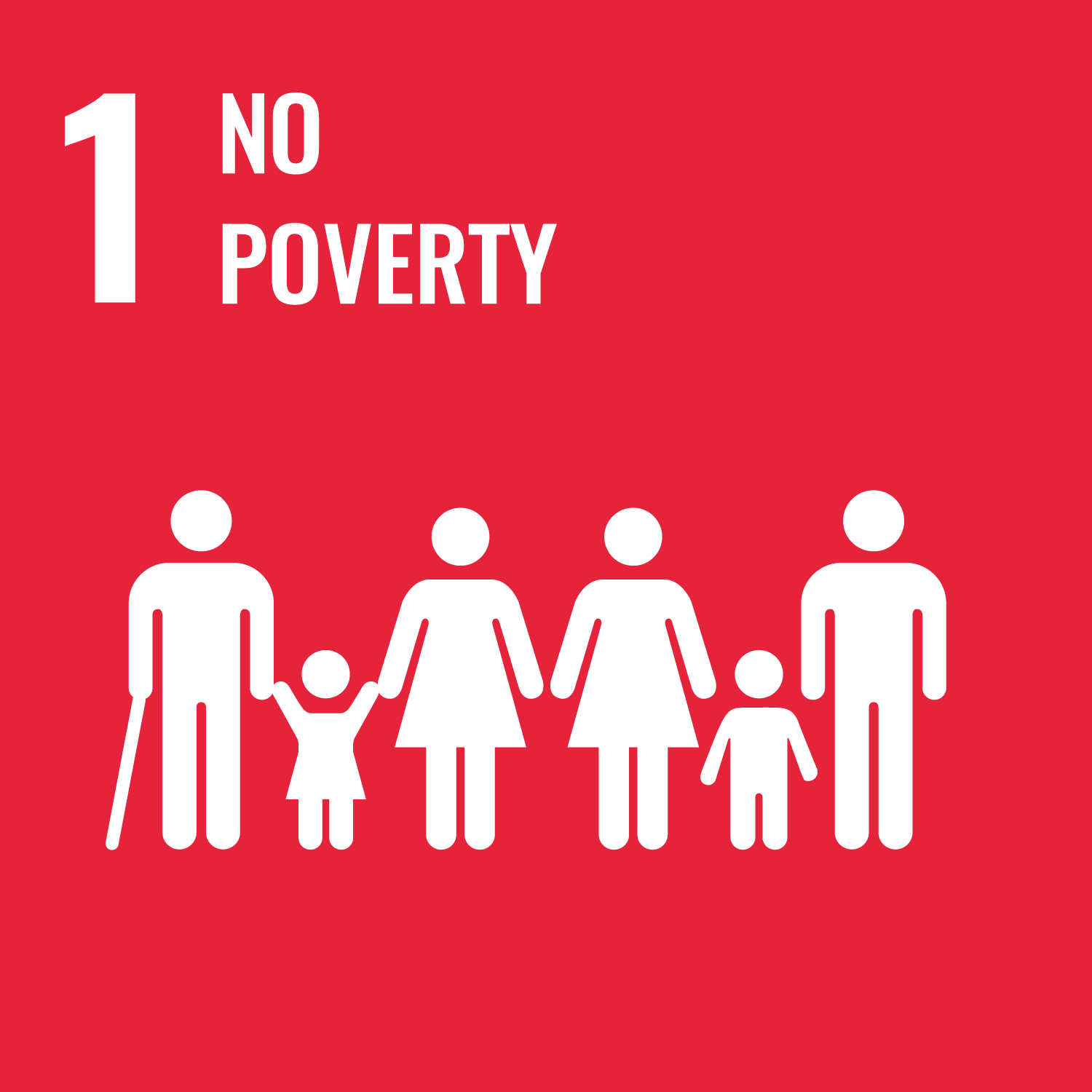
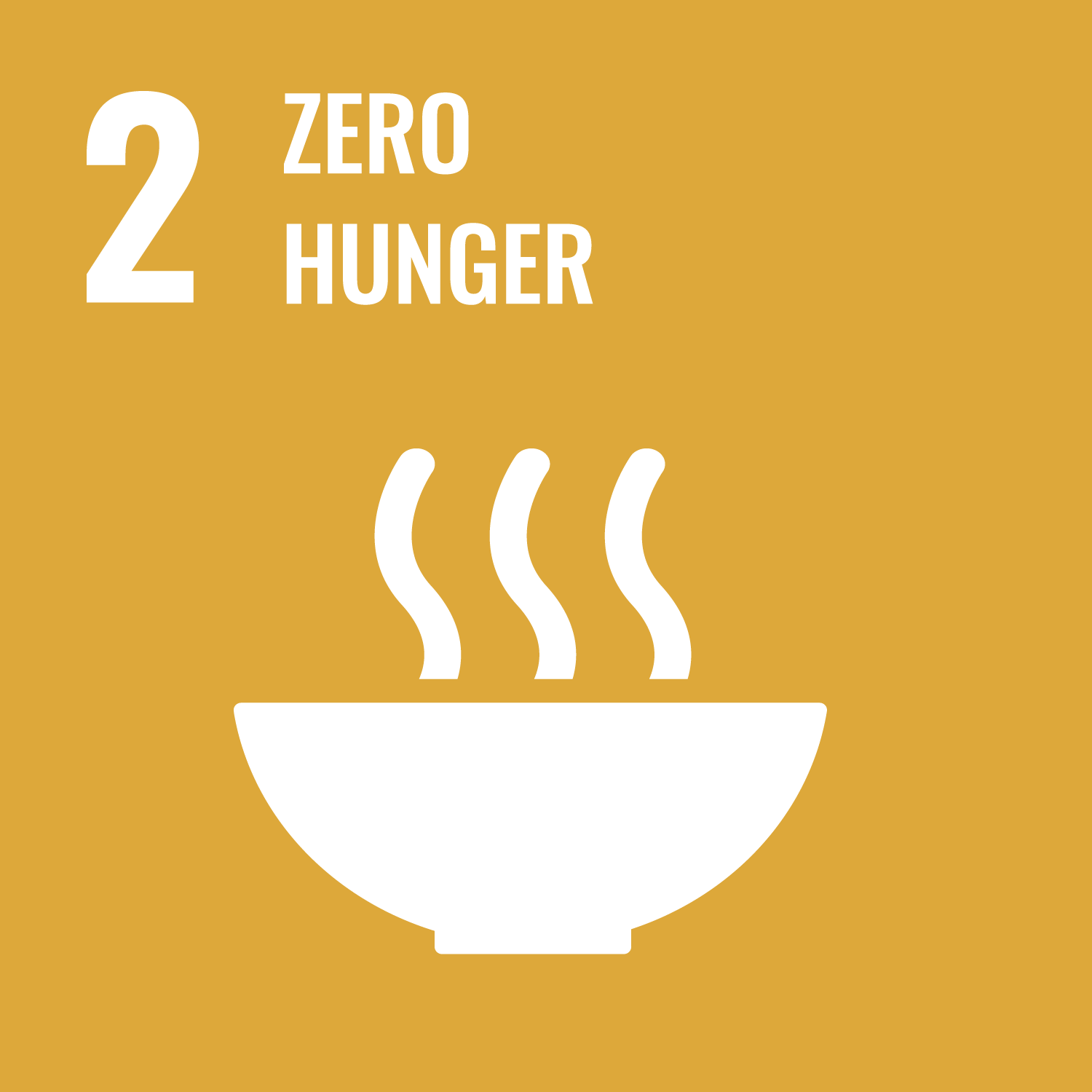


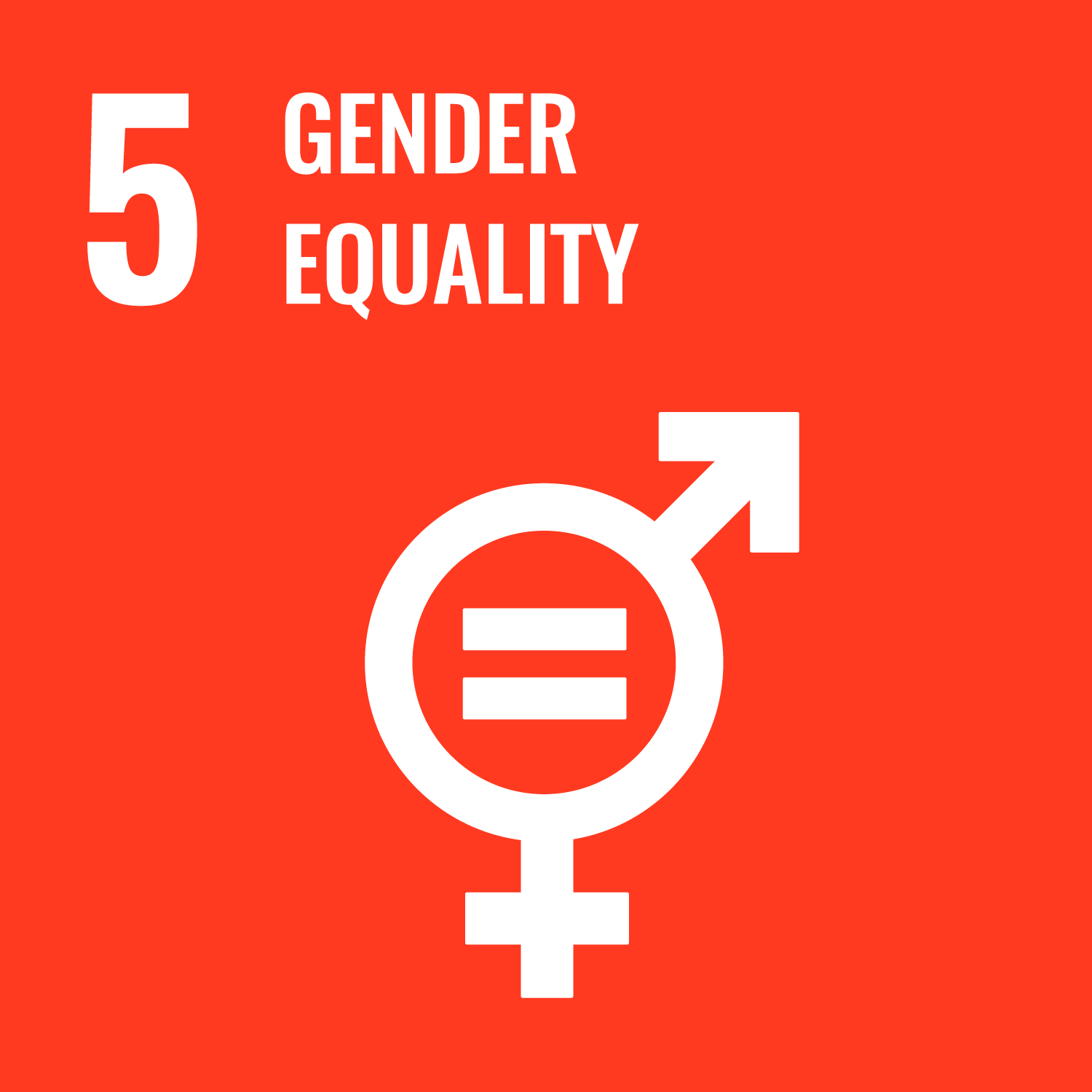
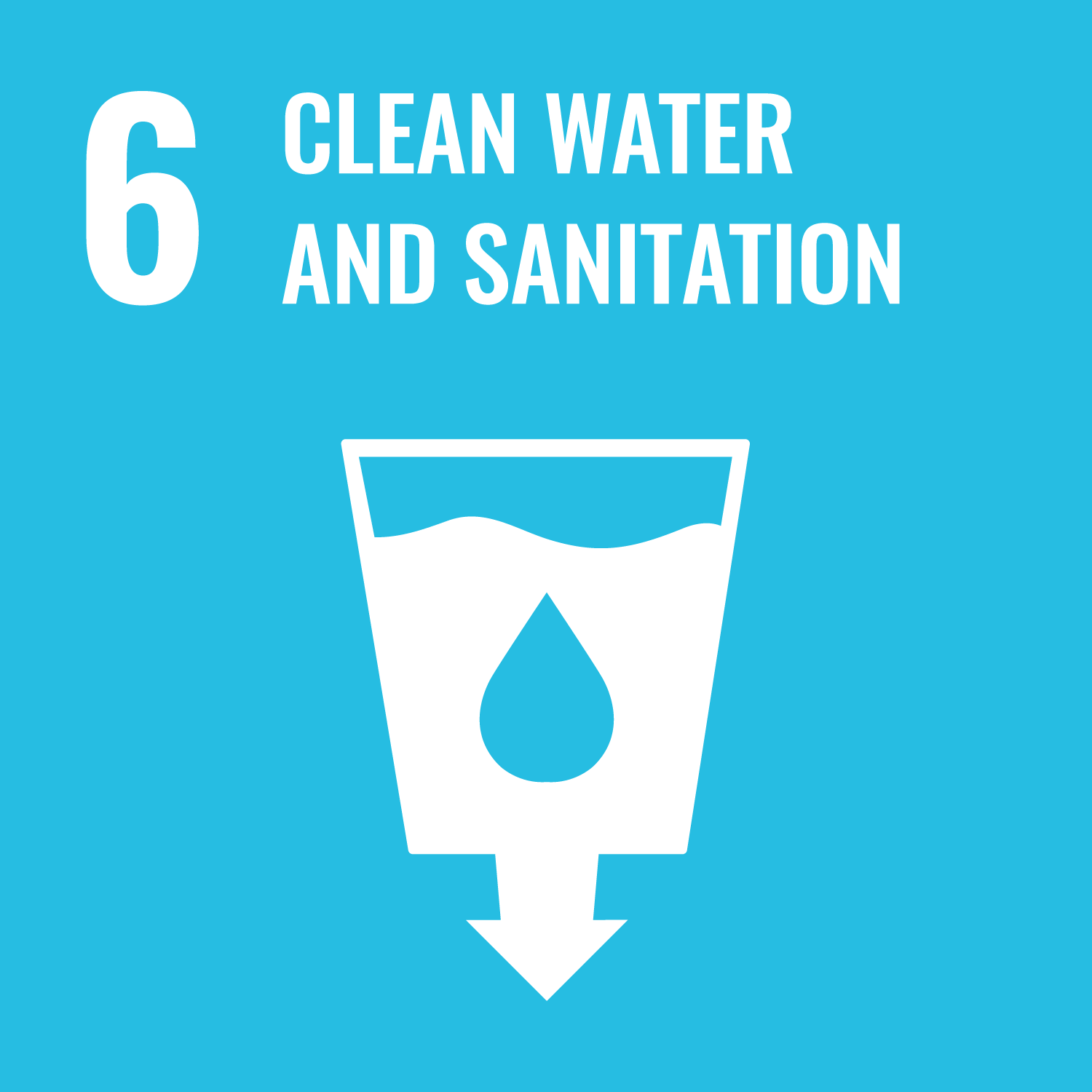







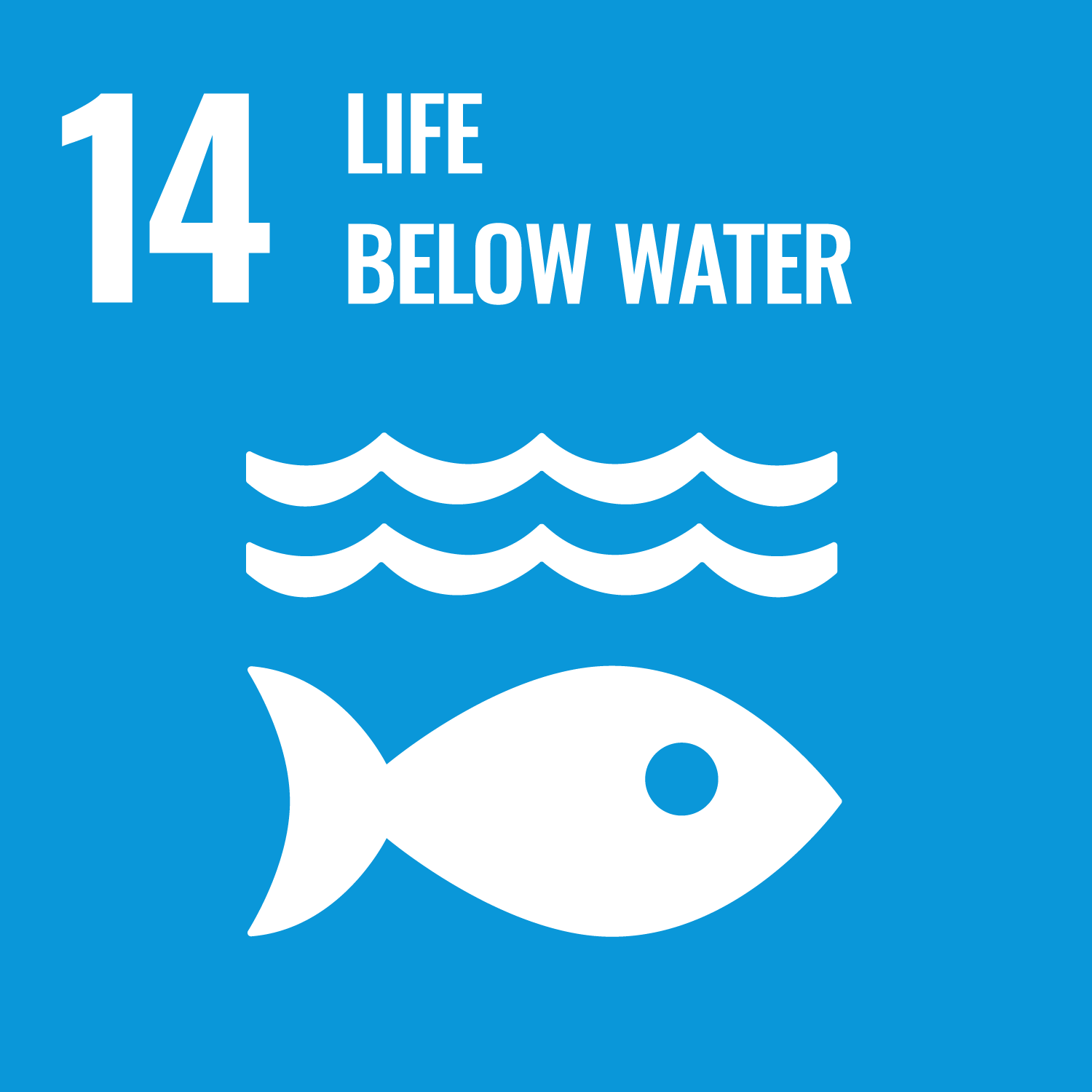
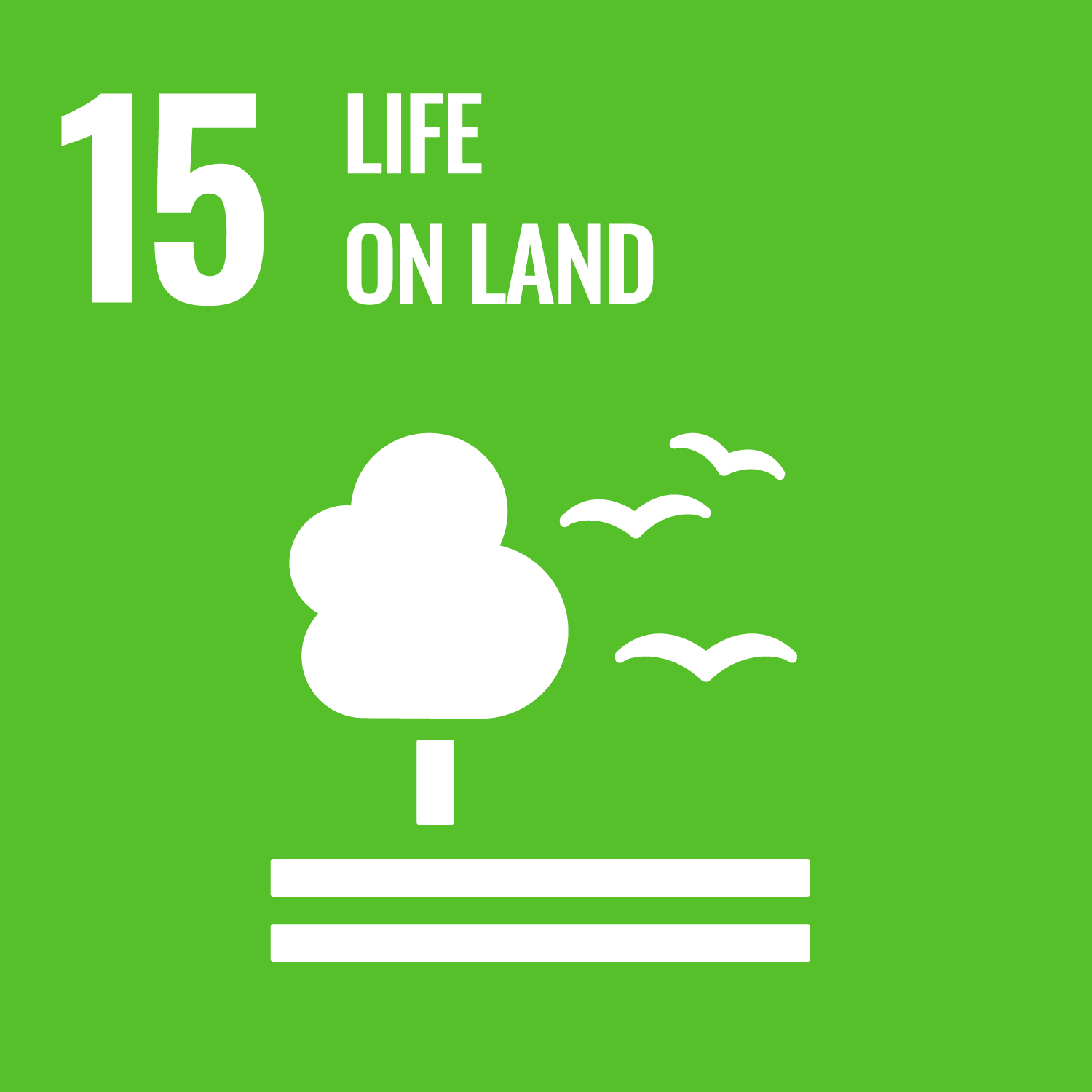


- 1.NO POVERTY
- 2.ZERO HUNGER
- 3.GOOD HEALTH AND WELL-BEING
- 4.QUALITY EDUCATION
- 5.GENDER EQUALITY
- 6.CLEAN WATER AND SANITATION
- 7.AFFORDABLE AND CLEAN ENERGY
- 8.DECENT WORK AND ECONOMIC GROWTH
- 9.INDUSTRY, INNOVATION AND INFRASTRUCTURE
- 10.REDUCED INEQUALITIES
- 11.SUSTAINABLE CITIES AND COMMUNITIES
- 12.RESPONSIBLE CONSUMPTION & PRODUCTION
- 13.CLIMATE ACTION
- 14.LIFE BELOW WATER
- 15.LIFE ON LAND
- 16.PEACE, JUSTICE AND STRONG INSTITUTIONS
- 17.PARTNERSHIPS FOR THE GOALS
Last modified : Sun Mar 21 16:19:08 JST 2021

